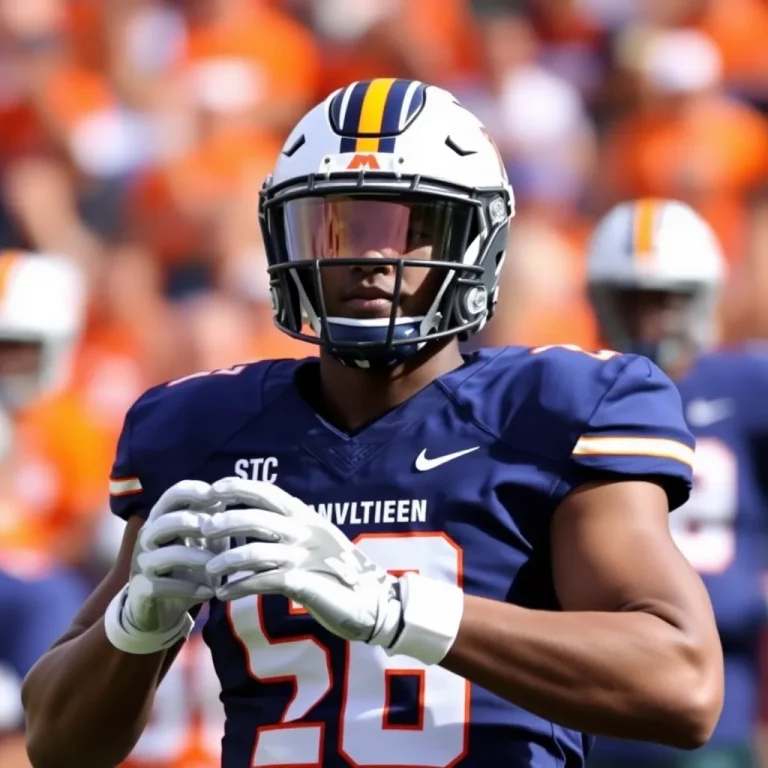Nashville, Tenn. – More than 25 years have passed since the University of Tennessee claimed a national championship, but the school is making headlines once more—this time, it’s about player pay in college football. A new state law, Senate Bill 536, aims to challenge the NCAA’s latest rules regarding athlete compensation, potentially giving Tennessee universities an edge in the ever-changing landscape of college athletics.
Signed by Governor Bill Lee, SB 536 enables universities in Tennessee to sidestep some of the restrictions that come with the NCAA’s recent House settlement. This settlement is expected to allow schools to pay athletes directly but also enforces a strict $20.5 million salary cap for all athletic programs and imposes limits on the ever-growing Name, Image, and Likeness (NIL) deals funded by boosters.
College sports lawyer Mit Winter noted, “While there are other state laws out there, SB 536 has really gone the farthest.” The law provides the University of Tennessee and other state universities a chance to opt-out of the House rules unless they can be proven to not violate antitrust laws.
Experts predict that the NCAA’s rules could lead to lawsuits due to the imposed salary cap and restrictions on NIL contracts, affecting the agreements many college athletes have signed with booster-funded groups. Winter elaborated that athletes’ deals would be reviewed by the Deloitte accounting firm to determine if they align with the new regulations or if they are merely pay-for-play arrangements.
The Deloitte review process has raised concerns, as it is estimated that around 80% of current NIL deals may not pass muster under the new rules. However, third-party boosters and collectives aren’t bound by these restrictions, which raises potential legal issues.
Worried that lawsuits could cost universities significant amounts in legal fees and settlements, Tennessee lawmakers acted quickly to protect their schools by passing SB 536. This law allows universities to opt-out of the new NCAA pay rules and prevents the NCAA from punishing Tennessee institutions for any violations.
“We want to guarantee that the University of Tennessee and its players are safe,” Governor Bill Lee stated shortly after signing the law. Additionally, the legislation transfers the responsibility for legal challenges from the universities to the NCAA and athletic conferences. This shift has led to tension with the Southeastern Conference and other Power 4 conferences, which are asking member schools to sign a “loyalty pledge” to adhere to the House rules.
“In the future, this could potentially cause a rift between the university and the conference,” Winter commented. He noted that if lawsuits arise, Tennessee might choose to abandon the House rules and support the state legislation instead. However, for the moment, the University of Tennessee plans to sign the pledge and comply with NCAA guidelines.
SB 536, effective from July 1, also provides protection for other universities in Tennessee like Vanderbilt and the University of Memphis. Winter believes that the University of Tennessee was a significant force behind the new law. The long-term impacts of this legislation on college athletic regulations remain to be seen, but Winter indicated that it could have significant national implications, stating, “I would say so” when asked if this bill is the “shot heard around the world” in the NIL era.


